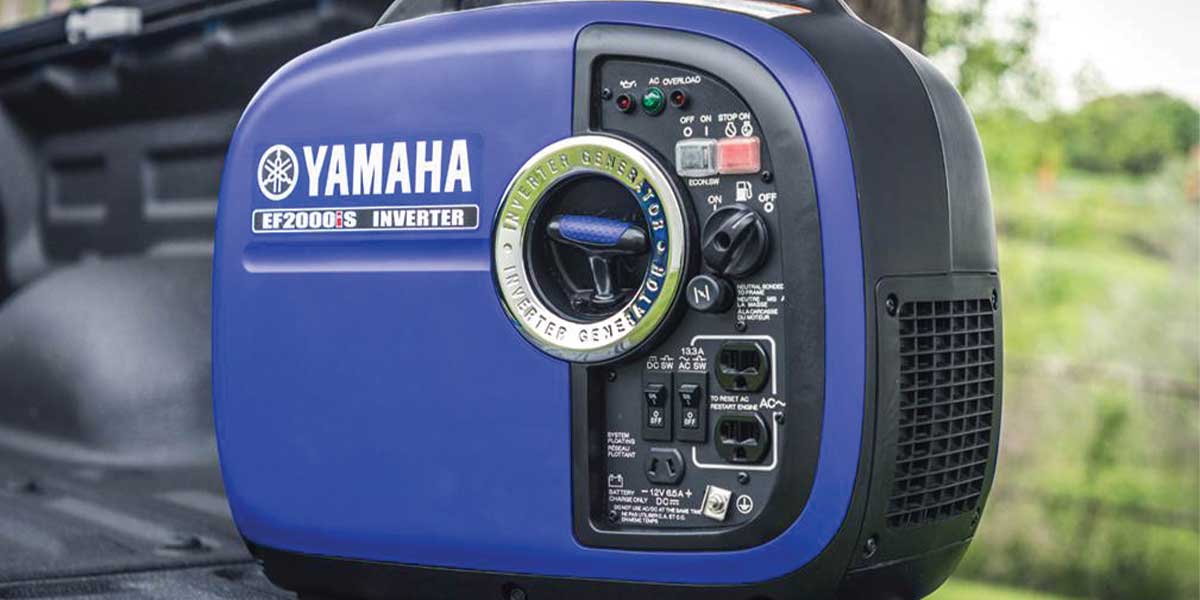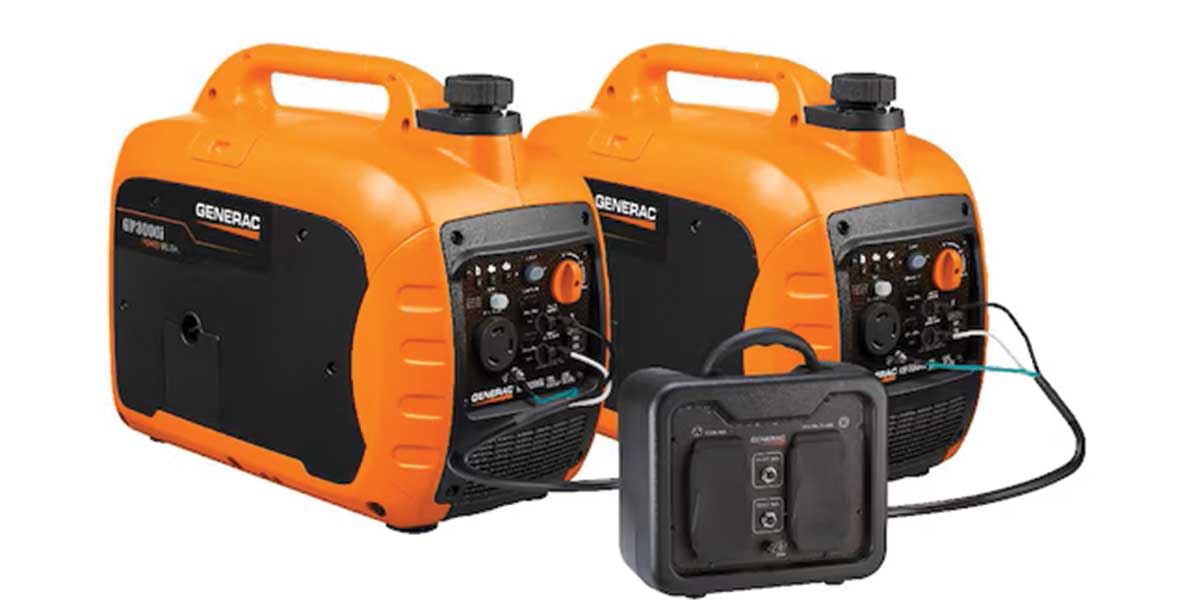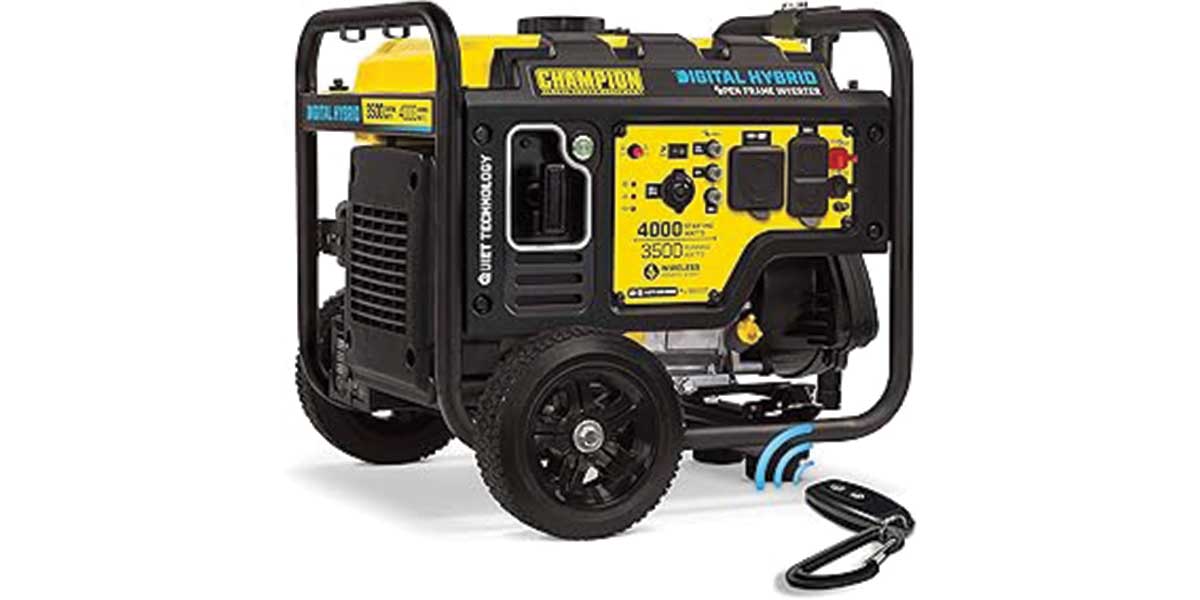Inverter Generators: Benefits, Uses & Top Picks for 2025 | Expert Electric
Power outages, camping trips, and remote job sites all have one thing in common—they require a reliable power source. That’s where inverter generators come in. Known for their quiet operation, fuel efficiency, and ability to power sensitive electronics, inverter generators are quickly becoming the top choice for homeowners and outdoor enthusiasts alike.
At Expert Electric, one of the most common questions we get is: “Are inverter generators worth the investment?” The short answer? Absolutely. Inverter generators explained in this article will help you decide if these units are the right fit for your home or lifestyle,

What Is an Inverter Generator and How Does It Work?
An inverter generator is a modern power source that produces clean, stable electricity—perfect for today’s tech-heavy homes. Unlike older generators, inverter models automatically adjust their engine speed to match the load, which dramatically improves fuel efficiency and reduces noise.
Here’s a quick look at how inverter generators work:
- Generate AC power – Like all generators, inverter models first produce standard AC (alternating current) electricity.
- Convert to DC power – The AC power is converted into DC (direct current) electricity.
- Invert back to clean AC power – A built-in inverter smooths out the energy flow, producing a stable sine wave that’s safe for laptops, phones, and other sensitive devices.
This advanced technology means no power surges, no spikes, and no risk to your electronics. It’s this clean energy output that sets inverter generators apart from conventional units.
Why Choose an Inverter Generator Over Other Types?
While traditional generators can provide raw power, they often lack efficiency and are typically loud and heavy. Inverter generators, on the other hand, are designed with modern needs in mind. They offer a combination of portability, efficiency, and low-emission performance that makes them ideal for both residential and recreational use.
Whether you’re powering essential appliances during a blackout or running electronics while camping, an inverter generator gives you the flexibility to power up without compromise.
Top Benefits of Using an Inverter Generator
Whether you’re preparing for a blackout or planning your next camping trip, here are the key reasons why inverter generators are a worthwhile investment:
- Quiet Operation Inverter generators are engineered to be ultra-quiet—many models operate at just 50–60 decibels, about the same as a normal conversation. This makes them ideal for home use, RV parks, or any environment where noise is a concern. Some models even include eco modes that reduce sound further during low loads.
- Fuel Efficiency Thanks to their variable-speed engine technology, inverter generators consume less fuel than older models. They only run as hard as they need to, which translates to significant savings—especially during long-term use or emergencies.
Real-World Example: A homeowner in the Lower Mainland replaced a noisy, fuel-hungry generator with an inverter model. During a multi-day power outage, the new unit used 40% less gas while powering the same appliances.
- Safe for Sensitive Electronics From laptops to CPAP machines, inverter generators provide clean and stable power that won’t damage your electronics. That’s why they’re the preferred backup power source for homes and businesses alike. You can safely charge phones, run home security systems, and power modern TVs without worry.
- Portable and Compact Many inverter generators are lightweight and come with built-in handles or wheels. Whether you need backup power at home or energy for a remote worksite, their portability is a major plus. Their compact design also makes them easier to store in a garage, RV, or closet.
- Eco-Friendly Power Option Less fuel burned means fewer emissions. Inverter generators are an environmentally responsible choice for anyone looking to reduce their carbon footprint. They also often meet CARB (California Air Resources Board) and EPA (Environmental Protection Agency) standards, making them suitable for use across North America.
- Lower Maintenance Needs Because the engine doesn’t run at full throttle 24/7, inverter generators experience less wear and tear—leading to fewer maintenance issues and a longer lifespan. Maintenance typically involves basic oil changes, air filter cleaning, and periodic inspections—nothing too complex.
- Longer Lifespan Thanks to their advanced technology and efficient design, inverter generators tend to last longer than traditional units. The smooth operation and reduced mechanical stress contribute to a better return on investment over time.

Best Inverter Generators for Home Use in 2025
Looking for the best inverter generator for your needs? Based on reviews and performance data, here are some of the top-rated inverter generators for 2025:
| Brand | Model | Power Output | Noise Level | Price Range |
| Honda | EU2200i | 2,200W | 48 dB | $1,200 – $1,400 |
| Yamaha | EF2000iSv2 | 2,000W | 51 dB | $1,000 – $1,200 |
| Champion | 100573 | 4,000W | 64 dB | $800 – $1,000 |
| Generac | GP3000i | 3,000W | 58 dB | $700 – $900 |
| Westinghouse | iGen4500 | 4,500W | 52 dB | $1,000 – $1,300 |
Each of these inverter generators provides a solid balance of power, noise control, and portability. Depending on your needs—whether for backup power at home or portable energy on the go—there’s a model that fits the bill.
Common Uses for Inverter Generators
Inverter generators are incredibly versatile. Here are some of the most popular ways people use them:
- Emergency Power Backup Keep essentials like fridges, lights, sump pumps, routers, and medical devices running smoothly during outages. Some users also rely on them during extreme weather events like snowstorms and heatwaves.
- Outdoor Adventures Perfect for camping and RV trips, inverter generators can power cooking appliances, heaters, and devices without disrupting the peace and quiet. Their quiet operation makes them ideal for campsites and shared spaces.
- Home Projects Great for powering tools like drills, saws, and compressors—ideal for backyard work, off-grid building projects, or garage renovations. DIY enthusiasts appreciate the clean and consistent energy.
- Small Business Power Food trucks, event planners, and mobile services use inverter generators for their stable, quiet energy output. They’re especially useful in industries where presentation and customer experience matter.
- Boating & Fishing Trips Inverter generators offer reliable, quiet power for boats—ideal for fish finders, lights, and navigation systems. Marine models are often weatherproofed or feature special coatings to handle moist environments.

Frequently Asked Questions About Inverter Generators
What is an inverter generator used for?
Are inverter generators good for home use?
How long can an inverter generator run?
Do inverter generators save fuel?
Can I run a refrigerator on an inverter generator?
Final Verdict: Inverter Generators Are Worth It
If you value quiet, fuel-efficient, and stable power, then yes—inverter generators are absolutely worth the investment. Whether you’re preparing for emergencies, powering a worksite, or heading off the grid, they deliver unmatched performance and reliability.
Still unsure which model suits your needs? Let Expert Electric help you find the perfect fit.
- Call Us at 604-681-8338
- Email Us: info@expertelectric.ca
Proudly Serving the Lower Mainland
From Vancouver to Langley, Surrey to Coquitlam, we’ve got your power needs covered.
Need expert advice? Let’s talk generators!

